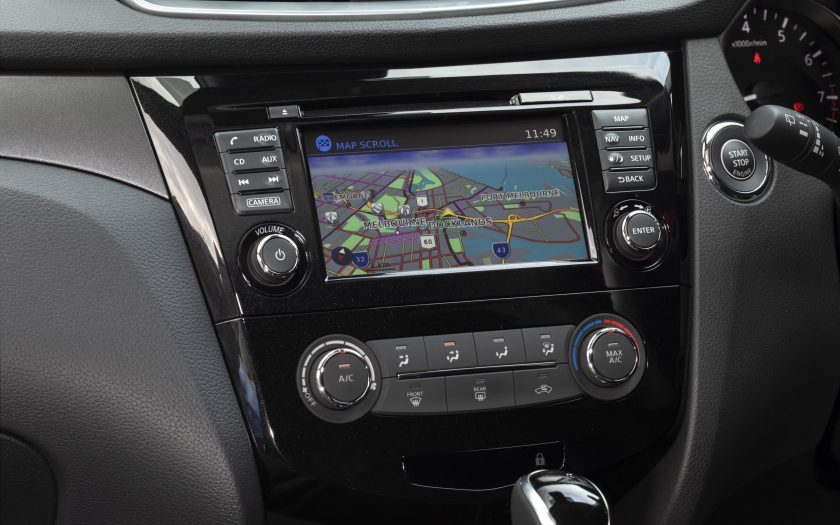Authorities are failing to keep pace with technology. Are we creating a potential problem by allowing people to sit tests in automatic cars, or by not acknowledging improvements in safety on modern cars?
One of the incontrovertible facts of life is that change is increasing exponentially. And the older you get, it seems, the faster it gets.
Recently, I was at a new car launch in Victoria. I shared a car with a young lady just two weeks short of her 20th birthday (and two weeks short of gaining her full NSW licence). Every time she took the wheel, we had to pause while she fitted her green P-plates. She proved herself to be a very competent, alert, courteous driver. As I have often observed with young drivers, she didn’t think she knew it all, nor was she over-confident.
Two years ago, she sat her licence test in a manual car. Her father had taught her to drive in a World War II-vintage Willys Jeep, which had, as I recall, a three-speed manual gearbox. Since then, she has rarely driven a manual.
When she took control of a manual variant of the car we were testing, her driving skills reverted to learner status. Leaving a T-intersection, she managed to stall the car three times before we finally bunny-hopped our way into the traffic.
A few minutes later, her inability to drive a manual transmission car could have killed us both when we had to cross the Princes Freeway in the face of oncoming traffic travelling at 110km/h and join another stream of traffic also travelling at 110km/h. Fortunately, I was driving at the time, to the relief of us both.
This young lady is in possession of a licence that allows her to drive either a manual or automatic transmission car, despite her demonstrable lack of skill or confidence handling a manual transmission. Many of her contemporaries have sat their licence tests in automatic transmission cars and have their licences endorsed to permit them to drive only autos. No doubt there are many more like her who once attaining their licence, rarely or never need to control a car with manual transmission, so the skills inevitably atrophy. And if the driver has a licence endorsed for “automatic only”, how can anyone outside the car know?
Another issue is the increasing pace of technology with self-parking cars, hill assist, lane departure warning, active cruise control and any number of other new features. A colleague whose daughter was about to sit her test was asked by the Motor Registry what car she would be using. When told it was a VW Golf, they enquired if it had an electronic emergency brake. Why? Because a vital component of the licence test is the handbrake start… something that can’t be done with an electronic emergency brake. Or, presumably, a foot operated parking brake. Many drivers, particularly in Europe, have come to rely almost exclusively on self-parking cars and fall to pieces when faced with the need to parallel park a car not fitted with such technology. No doubt, parallel parking will continue to be a part of the driving test, but for a number of drivers, it is a skill that will become increasingly irrelevant. Park assist, parking sensors and rear vision cameras are making the ability to judge the extremities of a vehicle far less important than it once was.
It reminds me of the days when student began questioning the need to learn arithmetic and their multiplication tables because “in the future” everyone would simply use a calculator. The only problem was, without a thorough understanding of the basics, many of those same students became thoroughly confused when trying to use calculators and subsequently computers.
Speed limits were set when cars were far more dangerous than they are today. Advisory speed limits are often laughably low (we often wonder if they were set using an early model Holden on cross ply tyres).
I don’t know what the answer is, or even if there is one. I have often advocated a graduated licence system, acknowledging the holder’s skill and training. But will the day arrive where every licence will have a number of exclusions and endorsements? When over-70s will have to have a plate identifying them as such? When drivers with limitations or lack of training must identify themselves to other road users? Can you imagine the bureaucracy and red tape that would involve?
On the other hand, I wouldn’t mind having a specially coloured number plate that gave me authorisation to travel at a higher speed because I have sat a test demonstrating my ability to do so. In my dreams!…
